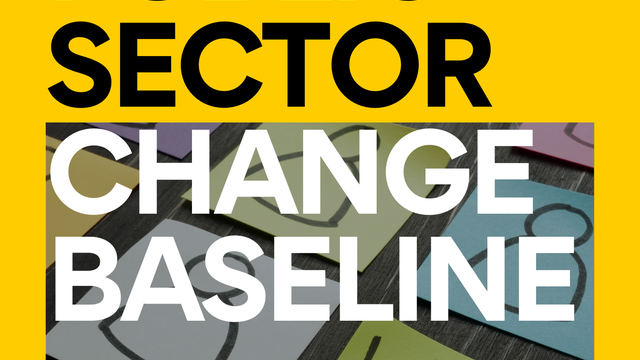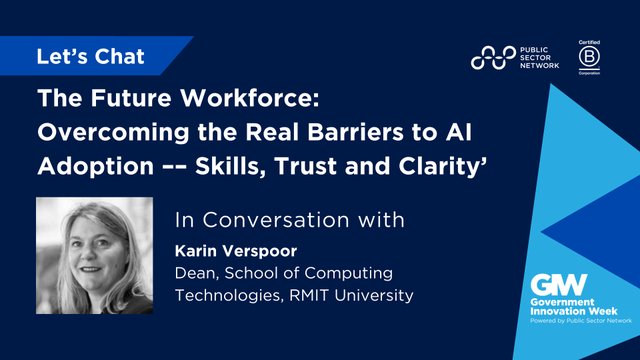
Taking a while to realize what others already knew
Not all women are born feminists. Maureen Towle, the Assistant Deputy Minister for Service Alberta Data, Information and Privacy Services Division within the Government of Alberta, says that for a long time she didn’t support days focused on women or the issues that feminism represented. In part this may be because for most of her childhood, she didn’t notice the little things that other women did, though they were there. On top of that, for her career before politics, she worked in female dominated disciplines, mostly in admin support, with many women, so the issues around feminism were not as relevant. Yet at the same time, I remember being absolutely terrified to tell my female boss that I was pregnant. Nonetheless, she continued working and not really noticing the issues other women complained about as she progressed through disciplines including HR, customer relationship management, public policy, information management and technology. In each case she worked with and mentored other women.
But then she shifted he career and entered the world of politics where she was suddenly one of very few women at the table. This was frustrating and odd, though even then, Maureen thought the frustration came from the change in my career path. This was until an incident where I said something and didn’t get a reaction, but then a male colleague said the same thing and he was told it was a great idea. Initially however, even on that day the penny didn’t drop. “I thought, do I belong here, what do I have to offer?”
Rather than thinking that the reaction she experienced was because she was a woman, she instead started reading about the technical elements of the role, learning everything she could and growing her network. Then Maureen's confidence grew. The following International Women’s Day, one of her male colleagues, in a mocking and derogatory manner, asked why such a day should exist and if women will be getting raises as a result. Without even thinking, she snapped back at him, which was very uncharacteristic of her, but it was in that instant that I realized that we as women have come a long way but still have a long way to go. She may still not be an activist, but she is learning every day and has thought about some the relevant issues in new ways.
Becoming an advocate for women’s development
Given her background and experience, there are some issues – especially when it comes to women’s development or advancement in the workplace – on which she has some expertise and a unique perspective. For instance, when it comes to professional development for women, make it a priority. It shouldn’t be just a once-a-year conversation. For all candidates, but for women in particular, after an interview for a job, give specific feedback. Telling someone they did great but the other candidate was stronger, doesn’t really help them. Be specific and tell them where they can improve.
This applies in other areas too. For instance, it is important to figure out what you really want from a relationship. Not all relationships are the same. There are often minor distinctions that make a big difference so it is a good idea to choose the right one from the outset. Mentors typically ask questions, coaches provide advice and advocates help open doors, but relationships can shift over time, though initially at least, it’s good to have an idea of what you are seeking to gain and what the mentor, coach or advocate can provide. Some women feel that they can’t act as a mentor for someone else, but it is important to recognize that everyone has value and everyone has their own journey and a story to tell. So we as women need to encourage others to be mentors. Moreover, some women need advocacy or sponsorship to achieve their goals so those of us like myself who are in such a position should be willing to do that, and I am always happy to be an advocate for someone else. Others should feel comfortable to go to their supervisors and have a conversation. At the same time, we need to be wary of echo chambers and to not only speak to people we agree with. In politics there are many people who disagree with each other and that can be a good thing.
“It is important in certain circumstances to have productive reciprocal coaching relationships with people we don’t agree with. Those relationships may be challenging but very rewarding.” Maureen Towle, Assistant Deputy Minister, Service Alberta Data, Information and Privacy Services Division, Government of Alberta
In terms of dealing with people, especially those who disagree, it is important to note that there are four learning styles and everyone absorbs information differently: by seeing, by hearing, by reading or writing, and by doing. People should recognize their own styles and acknowledge the styles of others. That may make dealing with challenging people easier.
In a public setting especially, technology should be a friend of everyone in the public service. Governments and government agencies need to be as inclusive as possible, both in terms of gender and accessibility, so if there’s an option, always turn on subtitles so people can read what you’re saying. Also, use voiceover and translation software, and don’t be afraid to check in with your audience. Some people will only respond or call out if they are asked.
From a reluctant feminist to an active one, now I talk about the pay gap all the time. I bring it up again and again. I’m not just going to sit quietly. In general, unless someone is downright nasty or bigoted, I try to have a one-on-one conversation with anyone I can. Often they come from a place of ignorance or misunderstanding, so calling people out and talking to them is the key to changing their minds.
Featured speaker:
- Maureen Towle, Assistant Deputy Minister, Service Alberta Data, Information and Privacy Services Division, Government of Alberta































